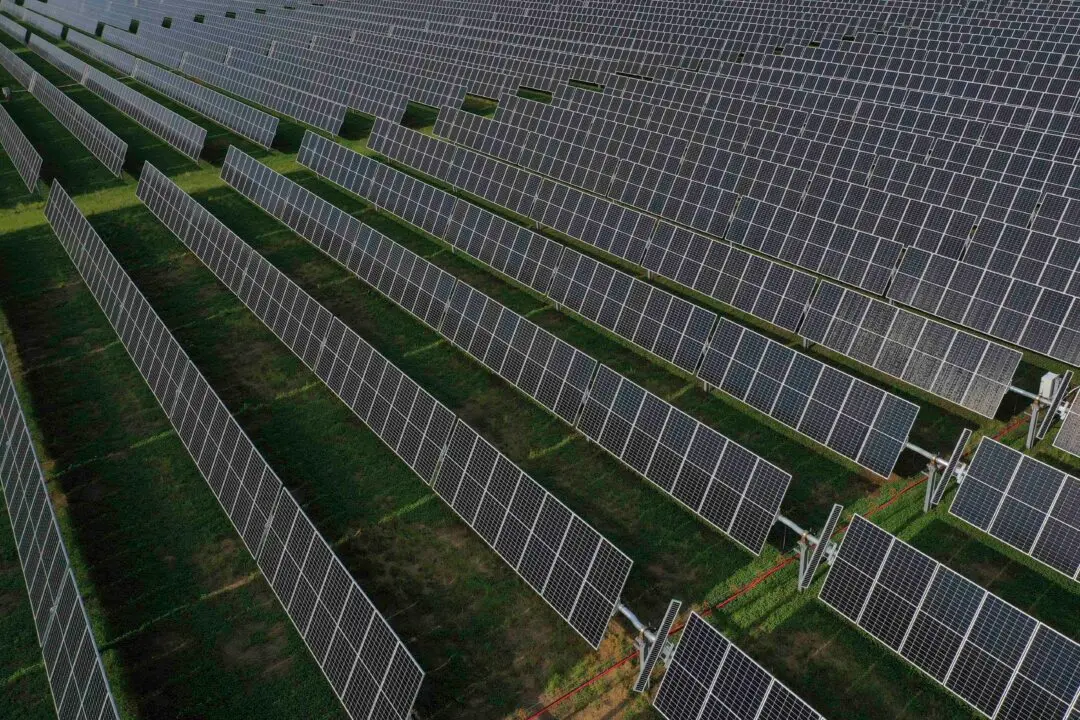A new Michigan law slated to take effect on Nov. 29 has triggered a legal battle over the right of communities to regulate renewable energy projects within their jurisdictions.
Over 70 Michigan townships and seven counties are challenging PA 233, in order to keep the state Public Service Commission (MPSC) from limiting local zoning authority over large-scale wind and solar developments.





